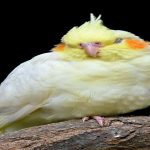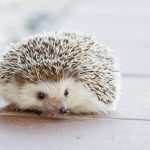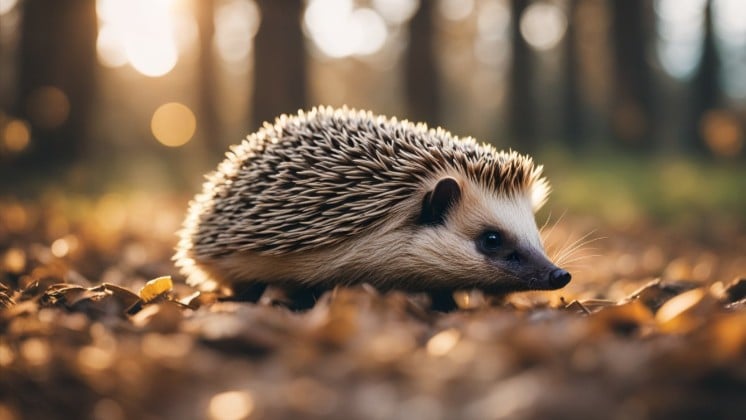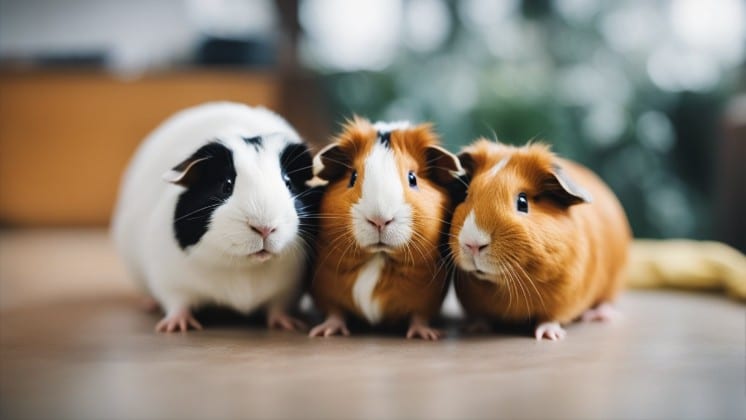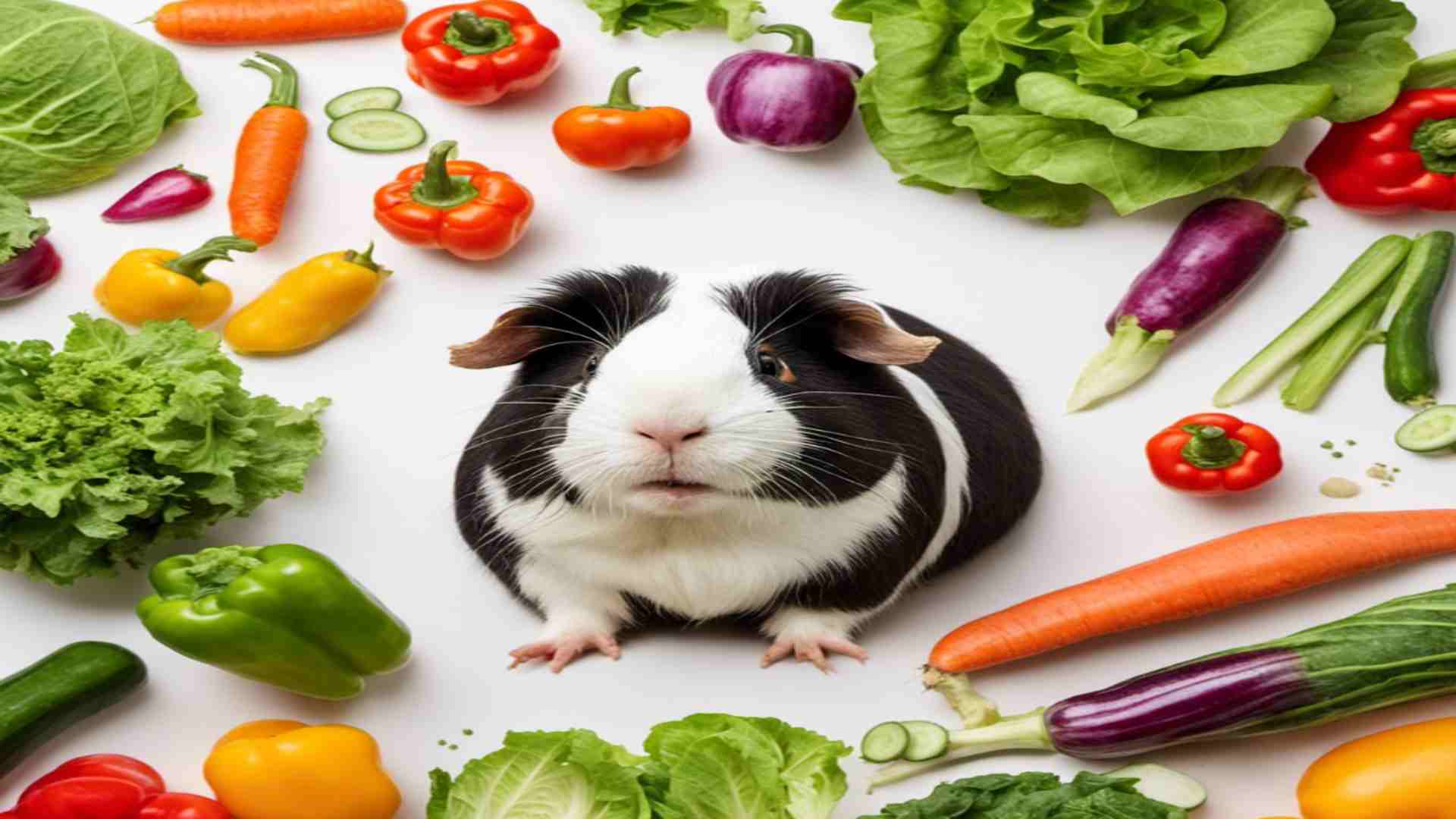Curious about what to feed your new ferret friend or considering adopting one? Ferrets are not only charming and playful but also obligate carnivores with particular dietary requirements essential for their health.
These little carnivores thrive on a high-protein, low-carb diet typically made up of small prey in the wild, such as rodents and birds.
This guide will walk you through the ins and outs of a ferret’s diet, detailing the right foods, portion sizes, and what to steer clear of.
Let’s dive in!
Key Takeaways
- Ferrets have unique dietary requirements, focused on high protein and low carbohydrates.
- High-quality protein sources like ferret-specific food pellets and raw meat are essential for a healthy ferret diet.
- Monitoring and avoiding harmful foods is crucial for maintaining the health of your ferret.
What Foods Can Ferrets Eat?
Ferrets are obligate carnivores, meaning their diet must consist primarily of animal protein. It’s important to understand that their digestive system has evolved to process high protein food such as meat, organs, and bones of prey species. As such, ferrets require a diet that is rich in animal protein in order to maintain optimal health.
The Importance of High-Quality Protein
Providing ferrets with high-quality protein is essential for their overall health. In the wild, ferrets consume whole prey animals, including bones and organs, which supply them with the nutrients they need.
What Meat Can Ferrets Eat?
In captivity, it’s crucial that ferrets are provided with a balanced diet that includes the right amount of protein to meet their nutritional needs. This can be done by feeding them a commercially prepared ferret diet or by offering them raw or cooked meat.
- Examples of high-quality protein sources include:
- Chicken
- Turkey
- Beef
- Lamb
- Fish
Fats and Fatty Acids in Ferret Diet
In addition to protein, ferrets require a higher fat content in their diet than other animals. This is because they use fat as their primary energy source. Fatty acids, such as Omega-3 and Omega-6, are essential for maintaining a healthy ferret coat and supporting their immune system. Some good fat sources for ferrets include:
- Poultry
- Fish
- Organ meats
It’s important to note that, while ferrets need a higher fat intake, it’s crucial to provide them with a diet that is balanced and rich in other necessary nutrients too. Overall, providing ferrets with a diet that meets their nutritional needs as obligate carnivores is key to maintaining their health and well-being.
Raw Meats and Bones
Ferrets are obligate carnivores, which means they require a diet of primarily animal-based protein and fat.
Raw meats are ideal food choices for ferrets, as these provide the essential nutrients they need. Common options include chicken, turkey, beef, rabbit, and lamb. Some ferrets also enjoy munching on raw bones, which can be beneficial for maintaining dental health.
However, feeding raw meat and bones does have its risks, such as potential exposure to bacteria like Salmonella. To minimize these risks, always provide fresh meat from a reliable source and practice proper food handling and storage.
Commercial Ferret Foods
A convenient and balanced alternative to raw meat diets is feeding commercial ferret food or high-quality kitten food.
These are specially formulated to meet ferrets’ dietary needs, with a high protein content (around 30-40%) and a low carbohydrate content. Many brands also offer pelleted diets, which have the added benefit of helping to clean the ferret’s teeth1.
When selecting a commercial ferret food, opt for one that contains high-quality animal-based ingredients and avoid those that rely heavily on grains or plant-based proteins. You can also supplement your ferret’s diet with occasional small pieces of cooked lean meat like beef, chicken, or fish, but remove bones and skin before serving.
Feeding Practices and Frequency
Ferrets have a high metabolic rate and require frequent small meals throughout the day. To support their energy needs, always provide fresh water and food for your ferret. Dry, pelleted foods are ideal since they don’t spoil as quickly compared to moist foods2.
Offer a variety of meat sources to ensure your ferret receives a range of nutrients and to prevent them from becoming too selective with their eating habits.
Be mindful of their individual preferences; some ferrets may prefer certain types of meat over others. Observe your ferret’s eating habits and make adjustments to their diet as necessary, always prioritizing their health and well-being.
Foods to Avoid for Ferret
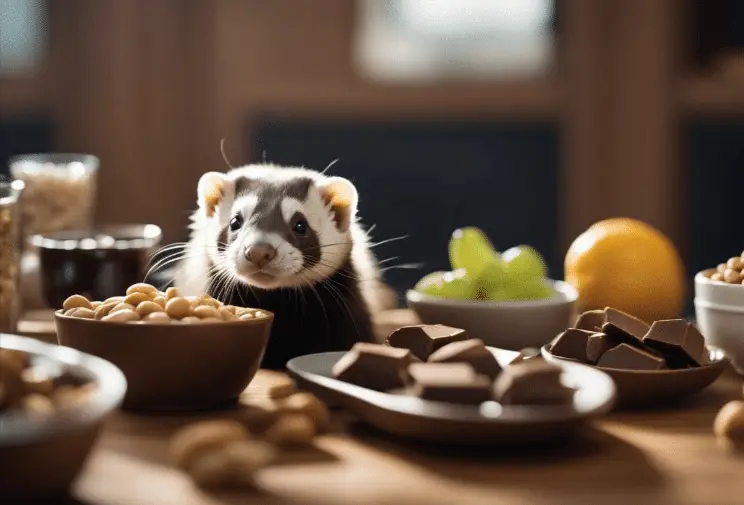
Ferrets have unique dietary needs, and some foods can be harmful to their health. In this section, we discuss foods and substances that can be detrimental to a ferret’s well-being and explain the importance of understanding food labels and ingredients.
Harmful Foods and Substances
Ferrets have a specialized digestive system that requires a diet high in protein and low in carbohydrates and fiber. Providing a balanced diet is essential for maintaining their overall health. Here are some foods and substances to avoid:
- Grains, vegetables, and fruits: Ferrets cannot digest carbohydrates well, and consuming these foods may lead to diarrhea and other digestive issues. Stick to a diet specifically tailored for ferrets or high-quality cat food.
- Dairy products: Ferrets are lactose intolerant, so consuming dairy products can also cause diarrhea.
- Chocolate: Chocolate is toxic to ferrets and can cause severe health issues or even death.
- Peanut butter: High in sugar and fat, peanut butter can lead to obesity and other health problems if fed to ferrets regularly. Additionally, its sticky consistency can cause choking hazards.
Treats and Supplements
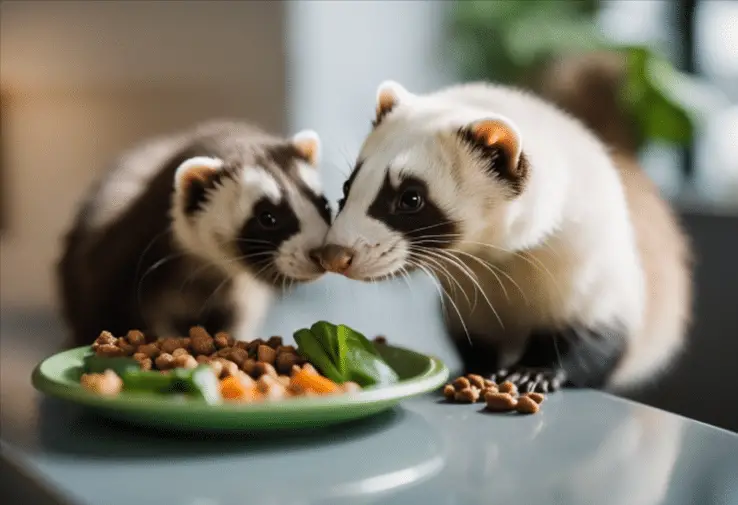
Safe Treats for Ferrets
Ferrets can enjoy a variety of treats to supplement their high-protein diet. One popular option is Bob Church’s Chicken Gravy, also known as duck soup, which can be a healthy addition for both healthy and sick ferrets. Additionally, small pieces of cooked lean chicken, turkey, beef, or fish can be offered as treats.
- Bob Church’s Chicken Gravy
- Cooked lean meats (chicken, turkey, beef, fish)
Commercial ferret treats and cat treats can also be given, but always read labels to make sure they are high in protein and low in carbohydrates. Ferrets should avoid treats that contain complex carbohydrates, as their diet should consist of roughly 20% fat and a high amount of animal protein for optimal health.
Vitamins and Dietary Supplements
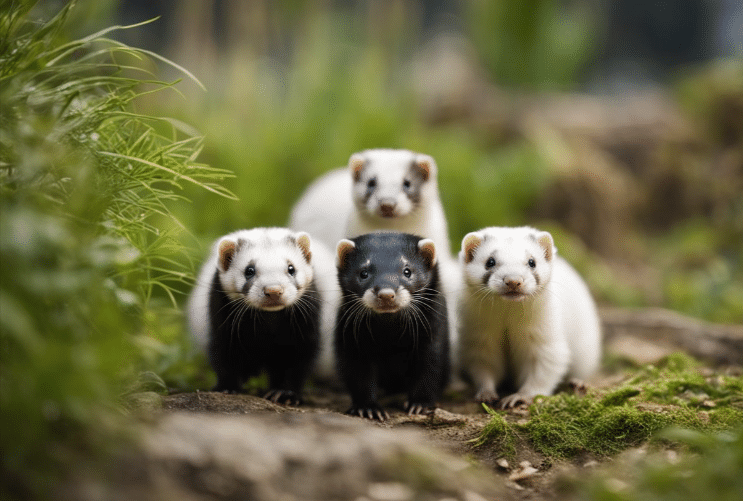
A balanced diet consisting of quality ferret food should provide all the necessary vitamins and minerals that ferrets require. However, if your ferret’s diet lacks certain nutrients, supplementation might be needed. Consult with your veterinarian for advice on specific supplements needed for your ferret’s unique nutritional needs.
Some common supplements for ferrets include:
- Taurine: An essential amino acid for heart health and overall well-being. Ferrets cannot produce taurine on their own and depend on a dietary source. Quality ferret food should contain sufficient taurine for their needs.
- Omega-3 fatty acids: Beneficial for skin and coat health as well as brain function. Fish oil is a common source of omega-3s, which can be added to their food on a veterinarian’s recommendation.
Remember to always consult with your veterinarian before introducing any supplement to ensure the health and safety of your ferret. Proper nutrition is essential for maintaining a healthy, happy ferret.
Life Stages and Dietary Adjustments
Ferrets have a high metabolism and are obligate carnivorous creatures, requiring a diet that is low in fiber, high in protein, and rich in fat. As their dietary needs change during different life stages, it is important to provide appropriate food accordingly.
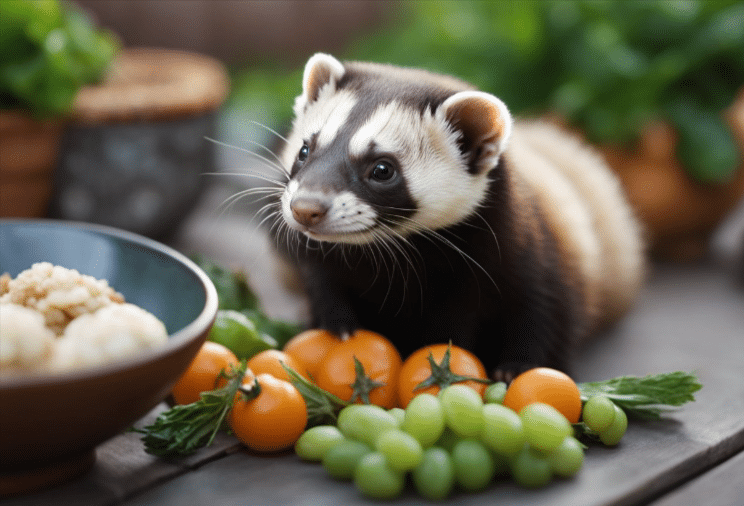
For kittens, a diet high in animal-based protein and fat is necessary, as it provides the necessary nutrients and energy for their growth. Some premium quality cat foods can be suitable for young ferrets, but there are also specific ferret foods available in pet stores.
As ferrets reach adulthood, their nutritional requirements may change slightly. Adult ferrets still need a high-quality, meat-based diet, but the protein and fat proportions might need adjustments to accommodate their activity levels. Ferrets that are less active may require slightly less fat in their diet.
Senior ferrets might require additional adjustments in their diet, as their metabolism may slow down and their activity levels decrease. It is essential to monitor their health closely and make alterations to their diet based on individual needs.
Expert Advice from Veterinarians
Veterinarians play a crucial role in determining the appropriate diet for ferrets. As ferret owners, it is important to consult with a veterinarian experienced with ferrets to receive personalized dietary recommendations.
Ferrets have a short digestive system, requiring them to eat every 3 to 4 hours. A good quality ferret diet should be consistent, without any seeds, nuts, or dried fruits. Food should be available constantly, as ferrets will eat only enough to meet their needs and are unlikely to become overweight.
To maintain optimal health and nutrition, ferret owners should also monitor their pet’s body weight and condition regularly, keeping an eye out for any changes that might indicate a need for dietary adjustment. In addition, paying attention to the quality and consistency of ferret food is crucial, as some formulations might change frequently.
Observing Ferret Behavior and Dietary Impact
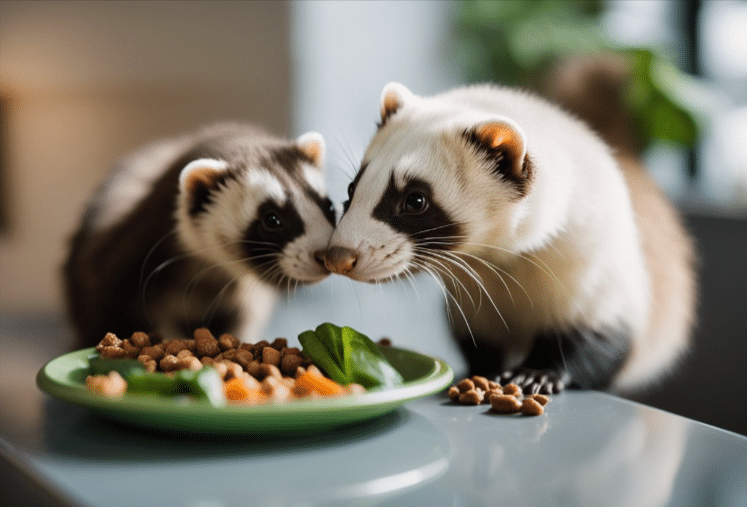
Ferrets are energetic and curious creatures, requiring a diet high in energy and protein. They are obligate carnivores, meaning their diet should primarily consist of animal-based proteins. A well-balanced ferret diet includes 32%-40% high-quality protein, 10-15% fat, and no more than 4% fiber. Providing the appropriate food items in these proportions can significantly impact their overall health and behavior.
A ferret’s fur and skin health can be influenced by its diet. Feeding your ferret high-quality premium cat food or specially-formulated ferret food containing essential fatty acids can help maintain a healthy coat and prevent skin issues.
Also, hydration is crucial for ferrets; always provide clean, fresh water to prevent dehydration-related health problems.
Suitable food options for your ferret can directly influence its behavior. Since ferrets are domesticated animals, they tend to adjust their activity levels to the owner’s schedule and interaction frequency.
Providing an appropriate diet to meet their energy requirements will ensure they have the stamina to engage in play and exercise, as they naturally would in the wild.
While observing your ferret, take note of any changes that may indicate a dietary adjustment is necessary.
For instance, if your ferret appears lethargic or less active, it could be a sign of insufficient nutrient intake, requiring you to reevaluate their diet.
Conversely, significant weight gain or loss can indicate an imbalance in food intake and should prompt you to consult with a veterinarian about proper feeding techniques.
Wild Ferret Diets Compared to Domesticated Counterparts
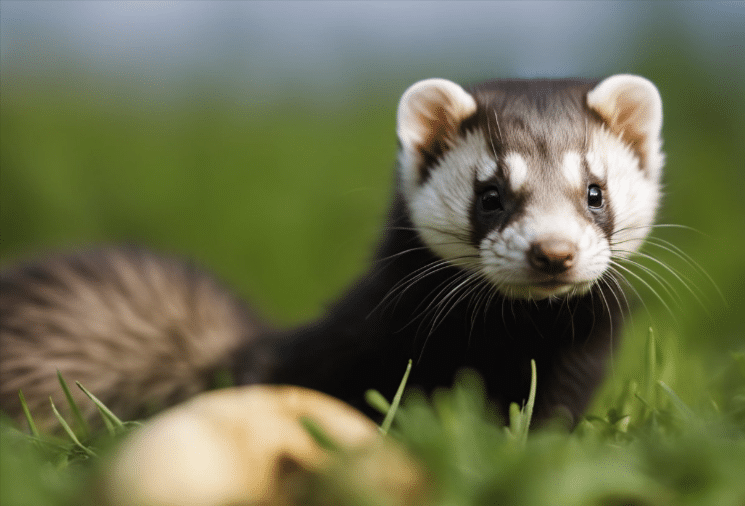
In the wild, ferrets primarily feed on small mammals such as rats, mice, voles, and their favorite prey, rabbits. They are carnivorous animals and have been known to occasionally consume birds, eggs, and even snakes. Wild ferrets also enjoy eating insects like crickets and grasshoppers. These predators are related to the European polecat and share similar diets.
While wild ferrets have a diverse diet consisting largely of small prey, domesticated ferrets have slightly different dietary requirements. For domesticated ferrets, their diet should consist primarily of high-quality, high-protein and high-fat food sources. Meat-based commercial ferret food is recommended since it provides the necessary nutrients they need to thrive.
Here is a comparison of the common food sources for both wild and domesticated ferrets:
| Food Source | Wild Ferrets | Domesticated Ferrets |
| Rabbits | Primary prey | Occasionally fed raw |
| Prairie dogs | Consumed when available | Rarely fed |
| Rodents | Commonly eaten (rats, mice, etc.) | Occasionally fed raw |
| Birds | Sometimes eaten | Not commonly fed |
| Insects | Enjoyed (crickets, grasshoppers, etc.) | Usually not fed |
| Snakes | Rarely consumed | Not fed |
| Commercial Food | Not applicable | Primary food source |
As obligate carnivores, both wild and domesticated ferrets require a diet that is high in animal protein and fat, while maintaining low levels of carbohydrates. While both types of ferrets consume similar types of prey, their specific diets, frequency of feeding, and food sources do differ.
Practical Feeding Tips and Storage
When it comes to feeding your ferret, maintaining a healthy and balanced diet is crucial. One essential aspect of this is providing high quality, premium cat food or specially formulated ferret food. Both high in energy and protein, and low in fiber, these options will satisfy your ferret’s nutritional requirements.
To ensure optimal health, offer food to your ferret at all times. With a quick metabolism and short digestive system, ferrets need to eat frequently, roughly every 3 to 4 hours. Typically, ferrets efficiently consume food according to their nutritional needs and usually do not become obese.
Store dry foods in an airtight container to maintain freshness and prevent contamination. Cleanliness is key when handling any pet food; always wash your hands before and after handling dry kibble. It’s important to place the food container in a cool and dry area, as damp environments can cause the food to spoil or become moldy.
Choosing the right location for a ferret’s cage can have an impact on its feeding habits. The cage should be placed away from direct sunlight or heat sources to avoid spoiling fresh food or water provided. Furthermore, keeping the cage clean and providing fresh food and water daily is crucial for your ferret’s well-being.
Regarding healthy treats, options such as small pieces of cooked lean chicken, turkey, beef or fish can be offered to your ferret occasionally. However, it’s essential to avoid feeding ferrets dairy products, carbohydrates, fruits, or vegetables, as they cannot digest these nutrients properly.
In summary, providing a balanced diet, practicing proper food storage and safety, and maintaining a clean and safe cage environment will help ensure optimal health and well-being for your ferret.
Frequently Asked Questions
What types of protein sources are appropriate for a ferret’s diet?
Ferrets are strict carnivores and require a diet high in meat-based protein. Appropriate protein sources include chicken, turkey, beef, lamb, and fish. Processed foods specially formulated for ferrets, such as high-quality ferret kibble, can also provide the necessary protein requirements in their diet.
How frequently should ferrets be fed throughout the day?
Due to their high metabolic rate, ferrets eat more frequently than other pets, consuming about 8 to 10 small meals daily. It’s essential to provide them with constant access to food to maintain their energy levels and overall health.
Which treats are safe to give to ferrets occasionally?
While ferrets should primarily eat a meat-based diet, they may enjoy some occasional treats. Suitable treats for ferrets include small bites of cooked meat or eggs and freeze-dried raw meat treats made specifically for ferrets. Avoid giving them sugary or high-carb treats, as these can lead to health issues.
Are there any fruits or vegetables that are safe for ferrets to consume?
Fruits and vegetables should not be a regular part of a ferret’s diet, as they cannot properly digest high-fiber or carbohydrate-rich foods. However, small amounts of soft fruits like banana or watermelon may be offered as an occasional treat, but should be given sparingly.
What common household foods are considered dangerous for ferrets?
Some foods can be harmful or toxic to ferrets, such as chocolates, sugary treats, caffeinated beverages, onions, garlic, raisins, and grapes. Processed human foods and those containing artificial sweeteners should also be avoided, as they can lead to digestive issues and other health problems.
How should one feed a ferret that has been recently found?
If you find a lost or abandoned ferret, provide it with fresh water and high-quality ferret food or kitten food, as these provide the necessary protein content. Contact a local veterinarian or ferret rescue organization for further guidance on care, as they could have specific dietary needs or health issues that need to be addressed.
Conclusion
In this article, we’ve explored the dietary needs of ferrets and the importance of providing a balanced, nutritious diet for these energetic animals. As obligate carnivores, ferrets require a high-protein, high-fat, and low-fiber diet to thrive.
This can be achieved by feeding them a diet primarily composed of high-quality, commercial ferret food supplemented with raw or whole prey items and occasional treats.
Want to learn more about ferrets?
Ready to boost your knowledge to the next level? If so, check out the articles below:
- 7 Things to Do With Ferrets on Vacation
- How Much Salmon Oil for Ferrets? (The Definitive Guide)
- 10 Ferret Sounds Meanings and How to Understand Them! [year]

